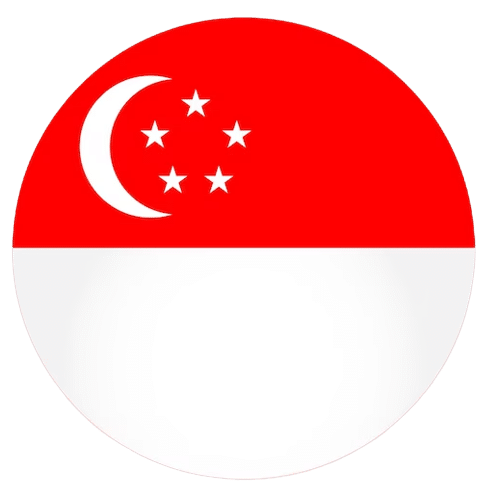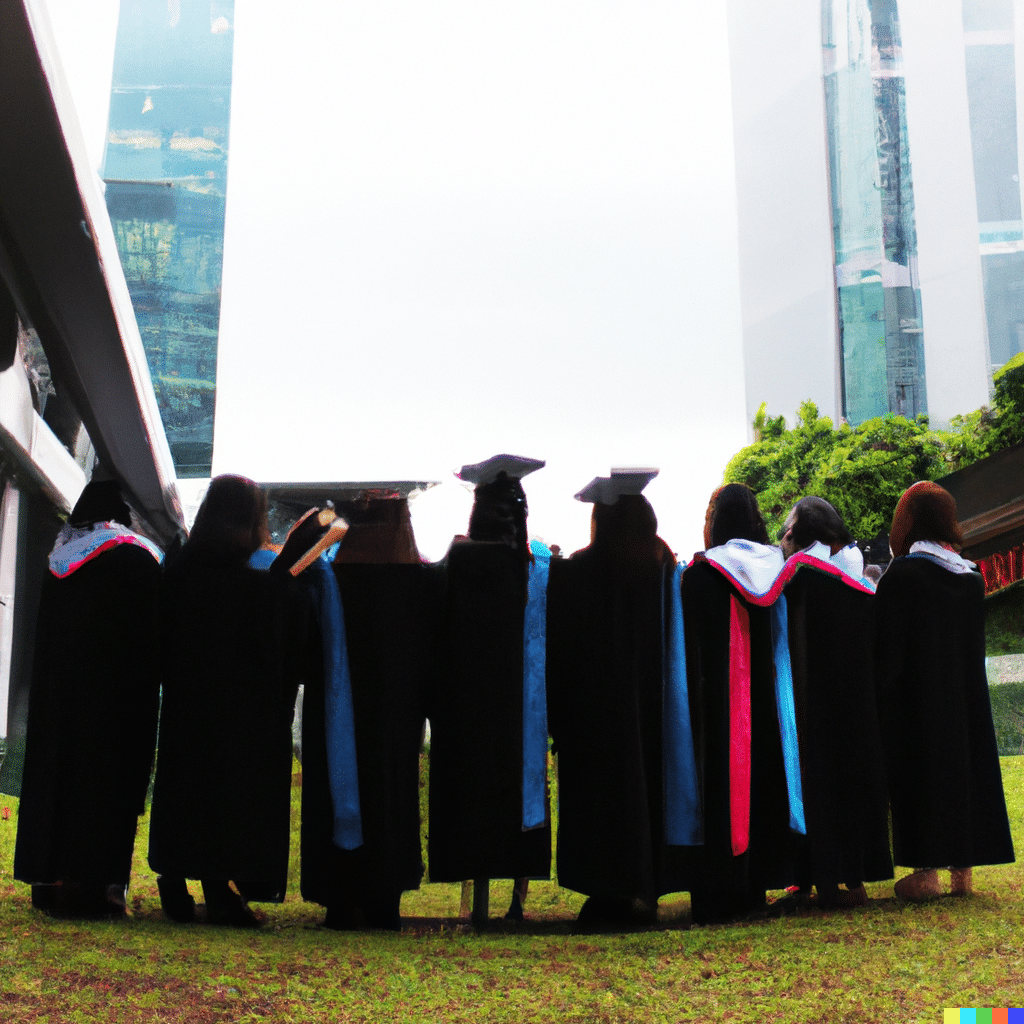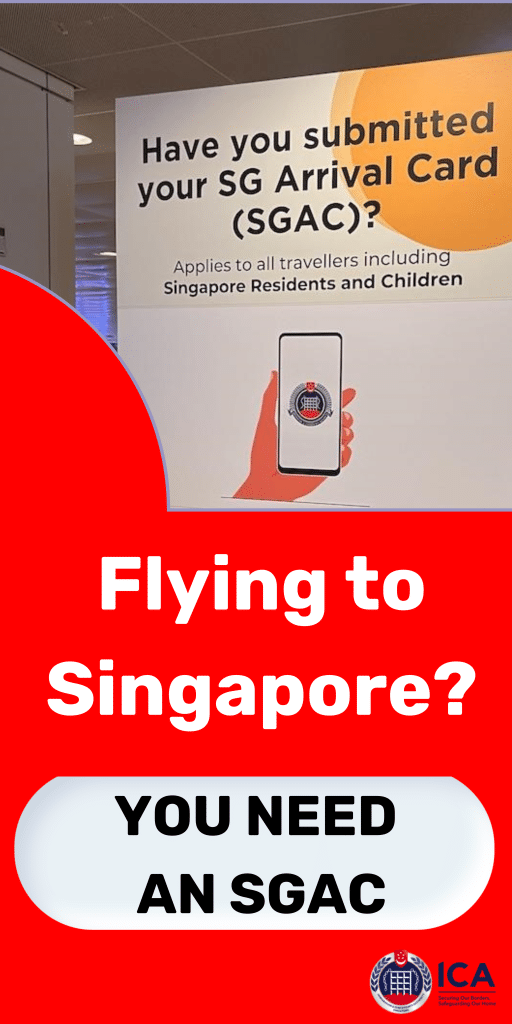Singapore has become renowned worldwide for its highly effective education system, which has propelled it to the top of international education rankings. The island nation now frequently outperforms much larger and wealthier countries in assessments of student performance, such as the OECD’s PISA tests.
So how has Singapore managed to create an education model that leads to such outstanding outcomes for students?
In this blog post, I’ll analyse the key ingredients that make up Singapore’s secret education sauce.
Meritocracy and Equal Opportunities
One of the central principles underpinning Singapore’s education philosophy is meritocracy. All students, regardless of background, are given equal opportunities to excel academically. This aims to harness the nation’s talent effectively by identifying and nurturing gifted students, while not leaving anyone behind.
Streaming and Ability-Based Grouping
Singapore’s education system uses streaming and ability-based grouping to provide students with learning environments suited to their capabilities. Students are streamed into different course tracks at the secondary school level based on their O-Level exam results.
The Express course leads to university, Normal Academic culminates in polytechnic education, while Normal Technical focuses on hands-on training for vocations. Within each course level, students may also be grouped into higher and lower ability classes. While some critics argue streaming marginalises weaker students, it allows more targeted teaching and avoids holding back higher progressing pupils.
Emphasis on STEM and Technical Skills
Singapore has placed great emphasis on science, technology, engineering and mathematics (STEM) education to equip students with technical skills for the 21st century. IT skills are also heavily focused on, with programming becoming part of theModel curriculum.
The government has actively promoted STEM careers and provides scholarships to nurture talent in these fields. Hands-on practical learning is encouraged, with schools well-equipped with scientific lab apparatus. Technical education pathways are also expanded post-secondary. This STEM focus delivers graduates with abilities aligned to Singapore’s technology-intensive economy.
Bilingualism
From primary school onwards, Singaporean students are taught bilingually in English and their designated Mother Tongue language – Mandarin, Malay or Tamil. Singapore has four official languages, with English serving as the common working language between the diverse ethnic groups. Learning their Mother Tongue allows students to stay connected with their cultural heritage.
Becoming fluent in English also plugs them into the global economy. Such bilingualism enhances cognitive abilities, equips graduates for global workplaces and strengthened social cohesion between communities.
Thinking Skills and Creativity
Singapore has recently sought to move away from rote learning towards developing critical thinking skills and creativity. Curricula now incorporate more project work, class discussions and open-ended assignments. The Thinking Schools, Learning Nation vision aims to create an adaptable workforce that can solve problems flexibly.
Schools are also encouraged to deliver enriched arts and sports programmes to stimulate holistic development. However, some argue schools still emphasise excessive content coverage over thinking skills. But most recognise creativity is vital for future economic progress.
High-Quality Teachers
At the heart of Singapore’s education success story is its corps of extremely well-trained teachers. Prospective teachers undergo a rigorous selection process, with only 30% of applicants accepted into the National Institute of Education’s teacher training programmes.
Teachers enjoy prestige as a high-status career with competitive compensation. All teachers engage in 100 hours of professional development training each year during career breaks. Such demanding selection and ongoing training develops teachers with both excellent subject mastery and pedagogical abilities to maximise student learning.
Culture of Excellence
Singaporean society highly values educational achievement, reflected in its expenditure of around 20% of government spending on education. Academic success is seen as the foundation for upward social mobility.
Families devote great resources and make immense sacrifices to support their children’s schooling. Students are motivated to study hard and do well, perceiving education as paramount for their future prospects. This cultural emphasis on education permeates its entire system, undergirding its excellence.
Effective Central Planning and Execution
Singapore’s education framework is centrally planned from top to bottom by the Ministry of Education. They design national curriculums, set standards, oversee teacher training and control budgets. Such centralisation allows coherent, system-wide policies to be rolled out efficiently.
The ministry gathers extensive data to monitor performance, identify gaps and formulate evidence-based policies. Responsiveness to economic strategies and changing global education trends is also enhanced. While detractors argue centralisation restricts creativity, Singapore leverages it effectively for system-level improvements.
Heavy Investments in Infrastructure
The Singaporean government has consistently invested heavily in education infrastructure from primary schools to universities. Campuses are designed to be inspiring environments with advanced technologies, well-stocked libraries, top-notch sports facilities and comfortable student accommodation.
No student is disadvantaged by subpar infrastructure. Such excellent physical infrastructure establishes solid foundations for impactful teaching and learning.
Conclusion
Dingapore’s education system has achieved remarkable success by incorporating ingredients spanning philosophy, policy, teachers, culture and infrastructure. Its meritocratic and ability-based approach maximises talent development.
STEM and bilingual curricula equip graduates for the economy. Its teaching corps is of the highest quality. Education is valued highly in national culture. Centralised planning enables coherent and responsive policies. Generous resourcing ensures uniform excellence across all schools.
While some trade-offs exist, Singapore offers many invaluable lessons for boosting education standards worldwide. The nation exemplifies how enlightened and comprehensive education systems can elevate human capital towards new heights.

Goh Jun Cheng is the chief staff writer for SingaporeAirport.com. Jun Cheng graduated with a degree in journalism from Nanyang Technological University in Singapore.
He has over 5 years of experience writing about aviation, tourism, and lifestyle topics relevant to locals and visitors in Singapore. His articles provide insights into the rich culture, cuisine, and attractions of Singapore. Jun Cheng is an avid traveler who has visited over 15 countries.
When he is not writing or traveling, he enjoys photography, trying new foods, and hiking. As a longtime Singapore resident, Jun Cheng is passionate about sharing hidden gems and perspectives about his home country.




